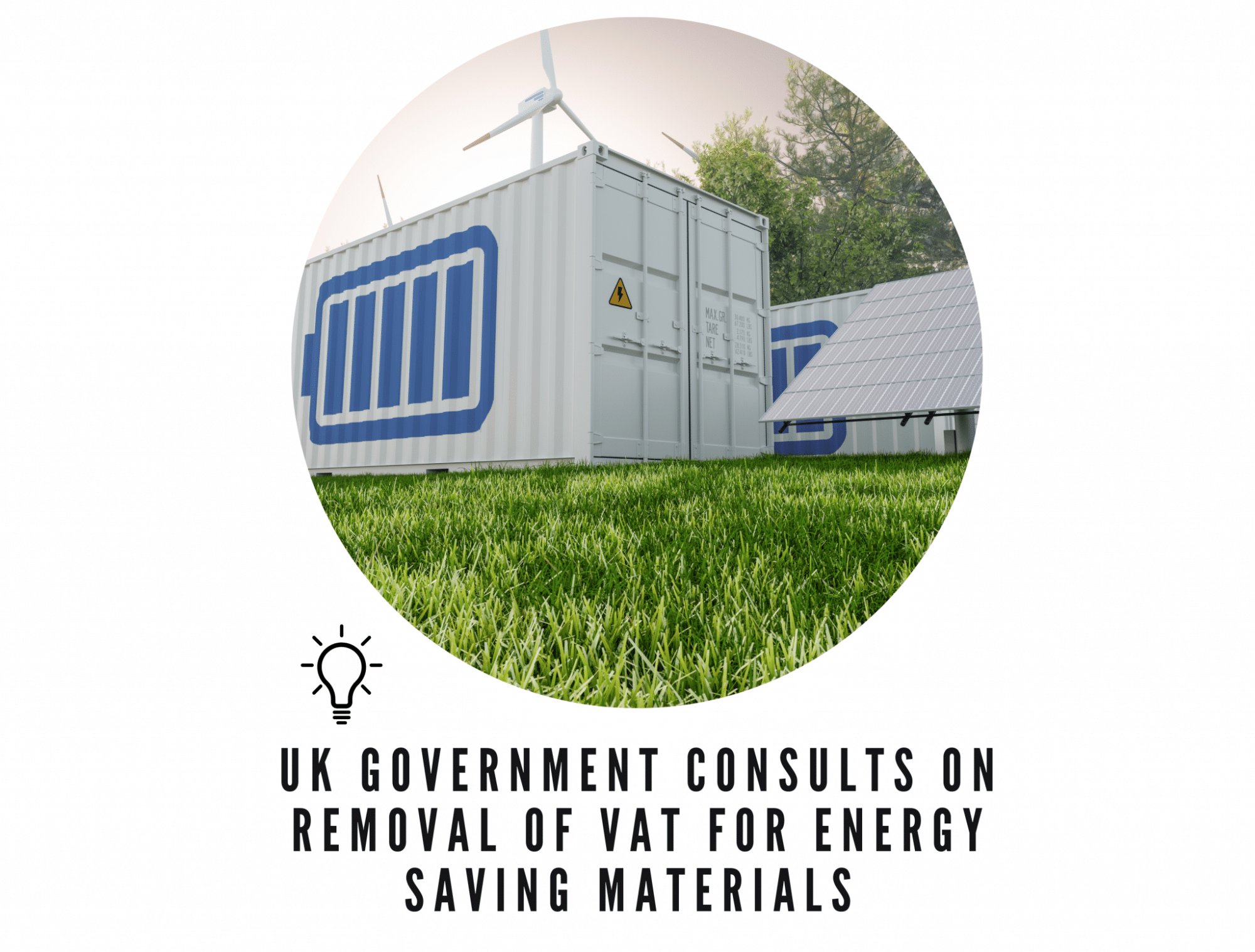- Solar SEG Scheme Confusion Costs UK Households Millions - May 30, 2024
- Average energy prices to rise to £1,928 in January 2024 - November 23, 2023
- Ready to invest: 60% of homeowners want solar panels - October 17, 2023
VAT-free battery storage installations moved a step closer to reality in the UK this week after the government confirmed it was consulting on a change to the current rules.
With a record number of people installing solar panels, more favourable legislation for “energy saving materials” could be another boost for an already thriving industry.
The move to jettison VAT from both new and retrospective battery storage installations follows intense lobbying.
“The issue of VAT on batteries being installed after solar panels is an issue that has been raised multiple times within our Committee’s work,” Rt Hon Phillip Dunne MP, said.
Dunne, who heads the Environmental Audit Committee (EAC), says removing obstacles for homeowners to embrace solar energy is important.
Especially as the UK aims to increase its onshore solar capacity to a considerable 70GW by 2035 as part of its ‘Net Zero’ commitments.
The issue of VAT has prevented some homeowners from making the most of their solar panels.
Battery storage allows excess electricity to be stored.
It can then either be used at another time or sold back to the grid.
When combined, solar panels and battery storage enable homeowners to take out a Smart Export Guarantee (SEG) tariff, such as Octopus Outgoing.
They can then partake in grid trading.
This is a practice where energy is sold during peak times for a high price and then bought at a lower off-peak price.
Solar energy, along with wind, is central to the renewable energy revolution and global ambitions to cut back on fossil fuels.
Mr Dunne believes solar is now the “cheapest” power source.
He added that the government consultation will lead to evidence being presented to the Chancellor of the Exchequer.
National Grid Capacity Concerns
The Committee also heard about concerns in regard to connecting solar installations to the National Grid.
Solar developers revealed they have waited up to 15 years to secure a connection.
There are fears the present capacity won’t be able to support the UK’s ambitious solar energy expansion plans.
The Energy Security Secretary responded to the comments by outlining methods to streamline the process.
